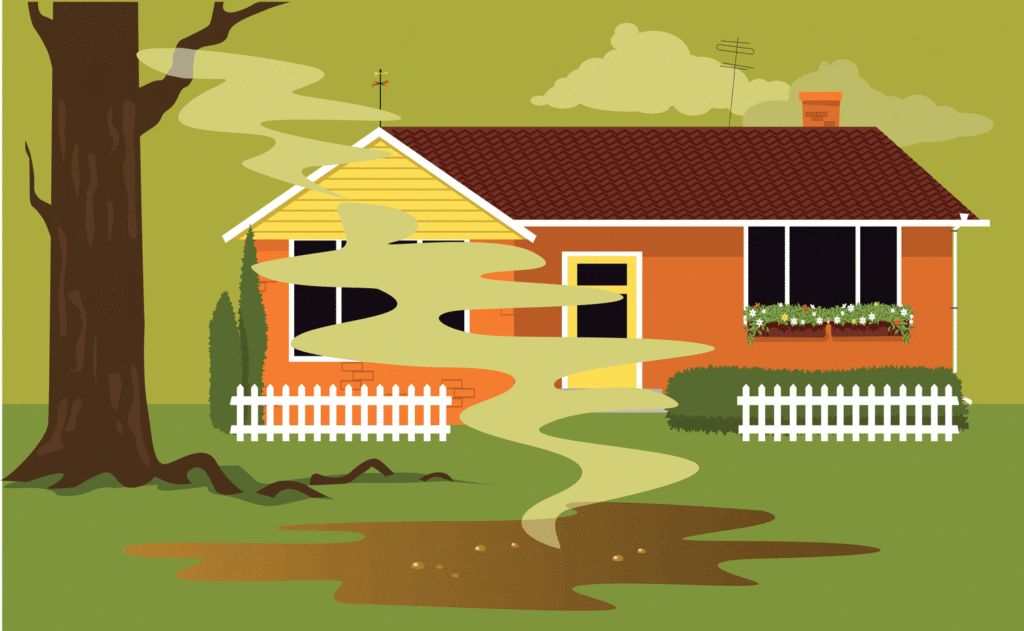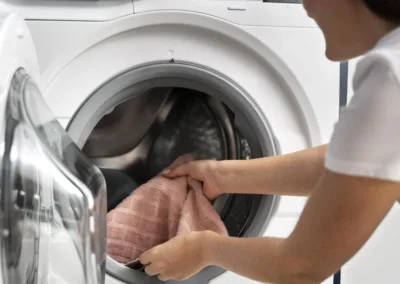
Tricks to Keep Your Septic System in Good Working Order
Septic systems are a crucial component of any home, providing a means of treating and disposing of waste water. However, septic systems can fail if not properly maintained, leading to costly repairs and unpleasant living conditions. To prevent septic system failure, it is important to understand the causes of failure and take steps to maintain your system.
Common Causes of Septic System Failure
- Overloading: Overloading your septic system with too much water can cause it to fail. This can happen if you have too many people living in your home, or if you use your washing machine, shower, and dishwasher excessively.
- Poor Maintenance: Regular maintenance is essential to keep your septic system functioning properly. This includes pumping the tank, checking for leaks, and monitoring the system for any signs of distress.
- Tree Roots: Tree roots can cause damage to your septic system by penetrating the pipes and clogging the system.
- Chemical Use: Certain chemicals, such as those found in cleaning products, can damage your septic system over time.
- Drain Field Issues: Your drain field is an important component of your septic system, and any problems with it can lead to failure. Drain field issues can be caused by a variety of factors, including soil compaction, soil saturation, and clogging.
Tips for Preventing Septic System Failure
- Limit Water Usage: Reduce the amount of water you use to prevent overloading your septic system. This can be done by taking shorter showers, fixing leaks, and using low-flow toilets and faucets.
- Regular Maintenance: Regular maintenance is key to preventing septic system failure. This includes pumping the tank every 3-5 years, checking for leaks, and monitoring the system for any signs of distress.
- Planting Trees Carefully: If you have trees near your septic system, be careful when planting new trees. Choose trees that have shallow roots and plant them far away from your septic system to prevent root damage.
- Avoid Chemical Use: Reduce the amount of chemicals you use in your home, particularly those found in cleaning products. Instead, use environmentally friendly products that are safe for your septic system.
- Monitor Drain Field: Regularly check your drain field to ensure that it is functioning properly. If you notice any signs of distress, such as slow draining or standing water, contact a septic professional for help.
By following these tips and tricks, you can help prevent septic system failure and enjoy a healthy and functioning septic system. Remember, the key to preventing septic system failure is to understand the causes and take steps to maintain your system. If you have any questions or concerns, don’t hesitate to reach out to a septic professional for help.


